The sun-chasing Leyland-born man of the world on a lifetime of adventures from Papua New Guinea to Antarctica
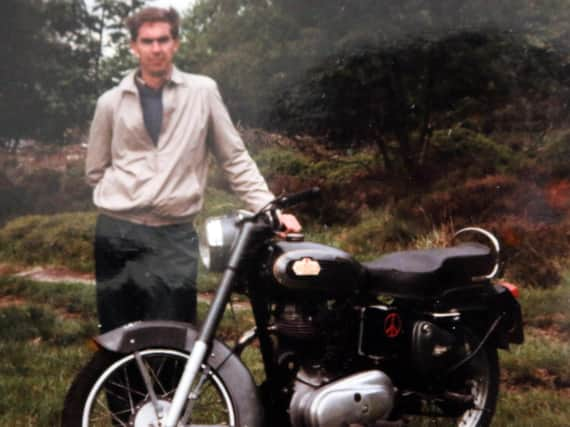

Away from the ‘escapism from the cold winters’ provided by books were the somewhat more tangible family holidays to Wales and the Lake District. “I just remember having my eyes opened to another world: a world of scenery rather than streets,” says Michael, now 71. “I don’t know where my passion for travel came from, but I know I wanted to see more.”
For the next 60 years, Michael did just that.
It all started with carpentry work in southern Africa. “I really liked it; it was an adventure, an eye-opener,” he says of his time as a 21-year-old working across South Africa, Zimbabwe, Zambia, and Botswana. “I’d never really been out of the North West before and suddenly I was with African tribes, leopards prowling around the camp and knocking over rubbish bins.
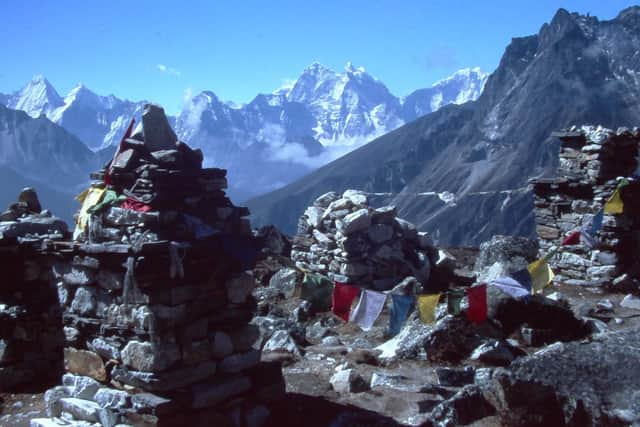

Advertisement
Hide AdAdvertisement
Hide Ad“It was wild; a world away from Leyland ” he adds. “And I realised I’d been right as a boy: it was sunny!”
Having met a group of friends who encouraged him to travel with them to Australia, Michael headed down under next, starting as he meant to go on in what was to become a lifetime of grasping opportunities with both hands when they came to him. Over the next 15 years or so as the ‘70s bled into the ‘80s, he worked in almost a dozen countries.
“I loved Australia, it was great,” says Michael, who now lives in Kirkham. “I worked in the outback back at a time when there were just over 10 million people in the entire country, so we’d be driving thousands of miles out to remote mining camps and I just saw it as a big adventure.”
A move from carpentry work to various humanitarian and water-sanitation projects saw Michael’s passport acquire a even more varied collection of stamps.
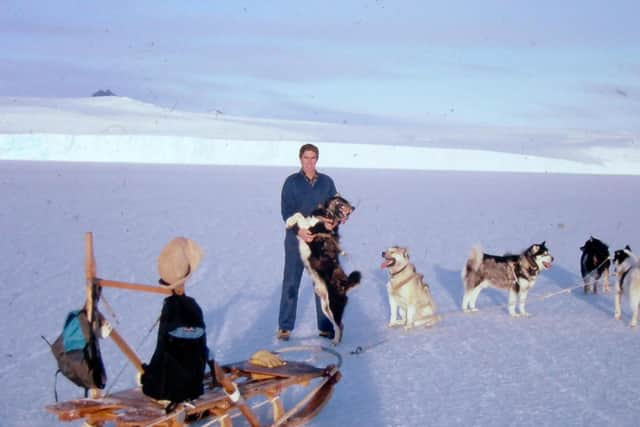

Advertisement
Hide AdAdvertisement
Hide Ad“The Solomon Islands, Papua New Guinea, and Cambodia were very special,” says Michael. “We were in Cambodia during the Khmer Rouge era and working on village water supply projects and there were security forces everywhere. The Khmer Rouge knew we were there working on water projects so they didn’t bother us, but it was still a dangerous place to be.
“Papua New Guinea was about as different as it gets: a world apart,” adds Michael, who spent over two years working in the country in total. “I was lucky in that I got to see plenty of the country and even learned a bit of Tok Pisin, which is the dialect all the tribes used. I loved learning things wherever I went.
“There were times when I was out of my depth when I’d wake up and think ‘what on earth am I doing here?’,” says Michael with a chuckle. “But the upside cancelled out the downside by a factor of 10 and being able to see these places through work was a privilege. While the work wasn’t very well-paid, it paid in that I got to see places I’d otherwise never have gone.”
One such place was the tiny remote Tongan island of Niuatoputapu - population about 700 people - where Michael found himself with the Red Cross in the aftermath of the 2009 earthquake tsunami which killed almost 200 people across Polynesia.
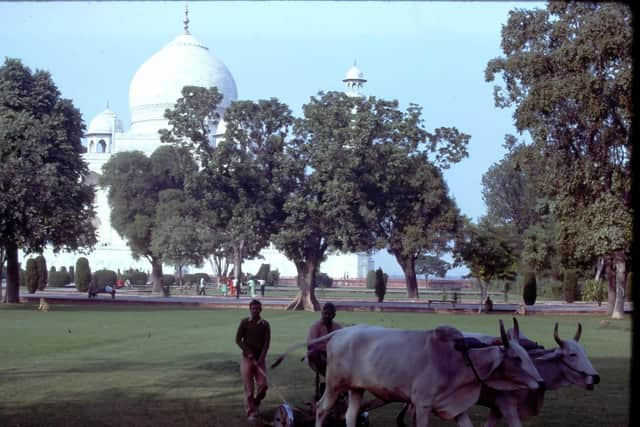

Advertisement
Hide AdAdvertisement
Hide Ad“We had to travel 370 miles from the main island of Nuku’alofa via a Tongan Navy patrol boat with as many water tanks as we could cram on board,” says Michael. “They just dropped me off and told me they’d pick me up two weeks later. I set up camp and, for 14 days, all I had to drink was warm rain and coconut water.
“Things like that stick in the memory and you end up thinking ‘did that really happen?’”
When it comes to ‘did that really happen’ moments, however, it doesn’t get much more surreal than going to the end of the Earth.
“From about 1980 to 2000, Australia was rebuilding its three main Antarctic bases and I’d always wanted to go after reading the old classic about Scott and the race for the Pole, so when I saw the opportunity I applied,” explains Michael. “I ended up doing three winters down there and the year spent at Mawson Station was one of the best of my life.
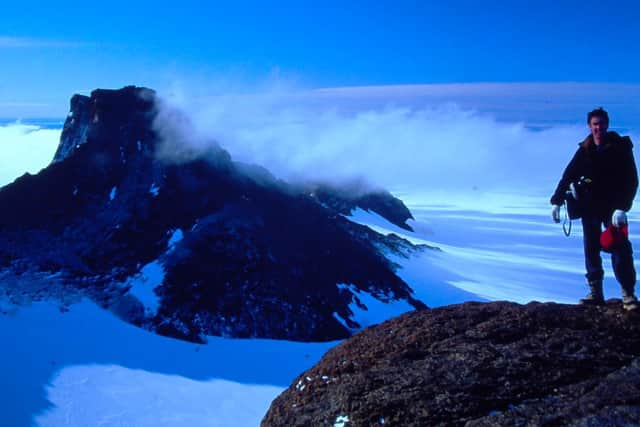

Advertisement
Hide AdAdvertisement
Hide Ad“I was lucky enough to be out there when they still had huskies pulling the sleds - you can’t have introduced species in Antarctica any more as part of the Antarctic Treaty - and I absolutely loved husky running,” he adds. “It’s an experience no one will ever have again and I look back with such fond memories of that time.
“We’d go camping around the Framnes Mountains with the dogs - real Antarctic stuff which not many have done - but I guess that was the payoff for putting myself in the position to be able to go to these places. And for being lucky, too.”
Speaking of luck, the apocryphal tale has it that Napoleon demanded not good generals, but lucky ones. And it doesn’t get much luckier than making it across an increasingly-volatile Iran on a Royal Enfield Bullet amidst the fallout of the botched Operation Eagle Claw in 1980.
An attempt by US armed forces to rescue 52 American embassy staff held captive in Tehran, the raid was a calamity. And, having decided on a solo motorcycle trip back from northern India to the UK just months earlier, Michael found himself two days’ ride into Iran when things turned sour.
Advertisement
Hide AdAdvertisement
Hide Ad“The decision to ride back to the UK wasn’t wasn’t planned in advance, it just developed in the moment,” says Michael of his ‘impulse’ 4,000-mile trip. “Once you’ve started, you’ve got to try and see it through even though, each day when you pack your gear on the bike, you don’t know where or if you’re going to get anywhere.
“When I came to Iran, I knew the American hostages were still being held in Tehran, but it had all gone on for so long that it all felt relatively normal,” he adds. “I certainly didn’t expect for it to blow up the way it did. I was two days into the country when the Americans had a go at getting them out by force with their famous helicopter raid which went wrong.
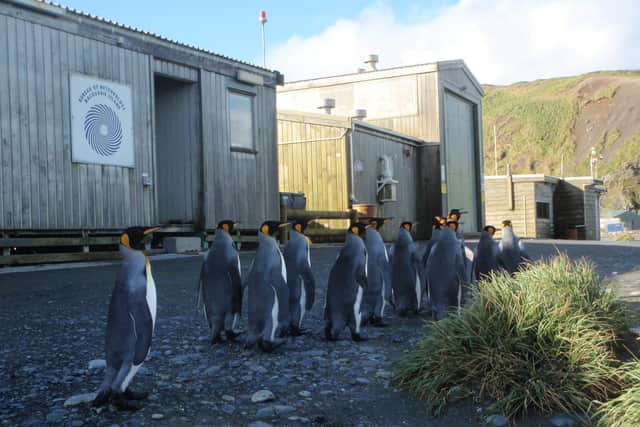

“I was caught in it; I couldn’t turn back,” Michael says. “The motorbike could’ve broken down at any time, so it was a lonely and stressful week but I was lucky. I was taken into an Iranian police station at one point and questioned because they thought I was an American on the run, but once they established I was travelling on an Australian passport, they were fine.”
Looking back, Michael can scarecely believe how casual he was about the entire trip. “It was a serious undertaking but I didn’t take it seriously: if I had, I probably wouldn’t have done it!” he says. “When you’re young, you think you’re indestructible, but motorcycling is dangerous enough as it is without everything else that I went through.”
Advertisement
Hide AdAdvertisement
Hide AdA journey undertaken on something of a whim and which soon descended into farce and danger, Michael has written a book titled ‘The Mongoose and the Eagle’s Claw’ about the whole affair in lockdown over the past 12 months.
“I felt I had a unique story but I’d never thought about writing a book until lockdown,” explains Michael, who is donating any profits from the book to The Guide Dogs for the Blind Association and The Mines Advisory Group. “I couldn’t do any travelling and I’m not a big television-watcher, so it was nice to reminisce and to look at the photographs I took.
“They brought back plenty of memories.”
Michael has been living in the UK for four years now, coaxed back to the more moderate climes of the North West after a particularly aggressive Australian summer. “It was just stinking hot - 40 degrees every day - and I just thought ‘I don’t want this anymore’,” he says. “I cycle and hike a lot but the heat just made me feel trapped.
“I was just moving between air-conditioned spaces and I didn’t want a retirement like that, so I came back,” adds Michael, who now enjoys a meander through the Lake District in particular. “There’s an ironic circularity to the fact that I originally travelled looking for places where the sun always shone only to come back to the UK when the sun got a bit too much!
“The grass is always greener.”
Advertisement
Hide AdAdvertisement
Hide AdLooking back on his lifetime of travels, the once-wide-eyed youngster who dreamed of sunshine and adventure from his Leyland bedroom says that, when opportunities came his way, he made sure to take them. “And on occasions I regretted it!” he says with a laugh. “There’d be times when I’d look back and realise I’d jumped in at the deep end. But it all worked out okay.”
Michael doesn’t travel as much these days, even allowing for the Covid-induced stasis of the past year. “There are so many places I’d like to go back to,” he says. “But then I think ‘no, I can’t; there are too many places I haven’t seen yet. But trying to see everything is an impossible task.”
No one can say Michael R Whittle didn’t try.